When it comes to improving your SEO website, it’s easy to get lost in all the data and strategies. SEO can feel overwhelming, especially when there are so many aspects to cover: keyword research, content creation, technical details, and more. But here’s the good news – ChatGPT can be an incredible helper in your SEO journey. From analyzing data to generating ideas, ChatGPT can simplify things and help you get better results.
In this guide, we’ll explore the key tools for tracking SEO performance, how ChatGPT can make sense of complex reports, and strategies for ongoing SEO improvement. Today’s guide I’ll use ChatGPT 4o, but if your favorite model is another one (like Claude 3.5 or Llama), go for it. But I recommend to use USnap cause it combines all these models into 1 place, super handy!

Alright, ready to turn your SEO website efforts into a manageable process? Let’s go.
I. Essential SEO Tools to Track Website Performance
Keeping track of your SEO website’s performance is crucial. Without data, you won’t know what’s working or what needs some tweaking. Here are the top tools to get you started:
1. Google Analytics
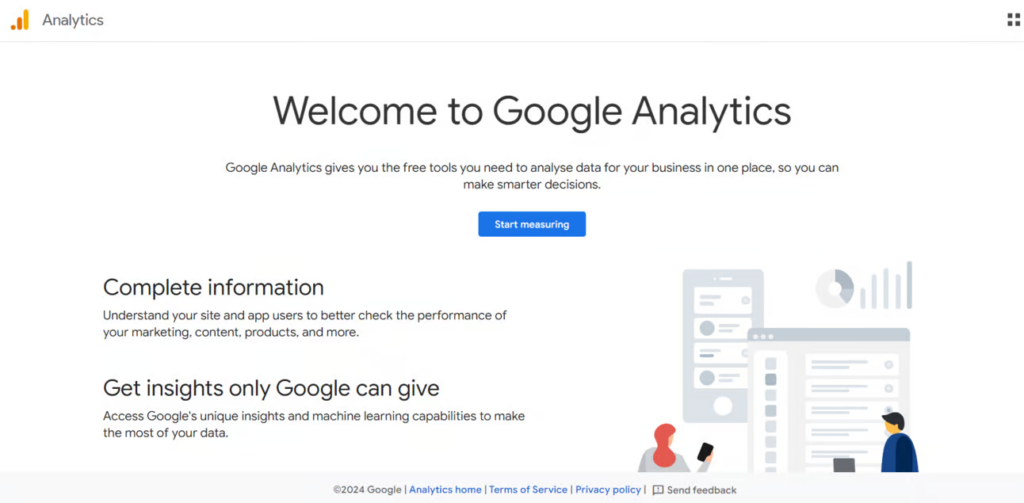
Why You Need It: Google Analytics is a must-have tool for tracking everything from website traffic to user behavior. With this data, you can see how people interact with your site and pinpoint areas for improvement.
Key Metrics: Some of the most valuable insights include page views, bounce rate (how quickly people leave), the average time spent on each page, and whether visitors complete goals like making a purchase or signing up.
Getting Started Tip: Setting up Google Analytics can feel complicated at first, but there are plenty of guides to walk you through it. A great resource is Semrush’s step-by-step guide for setting up Google Analytics.
2. Google Search Console
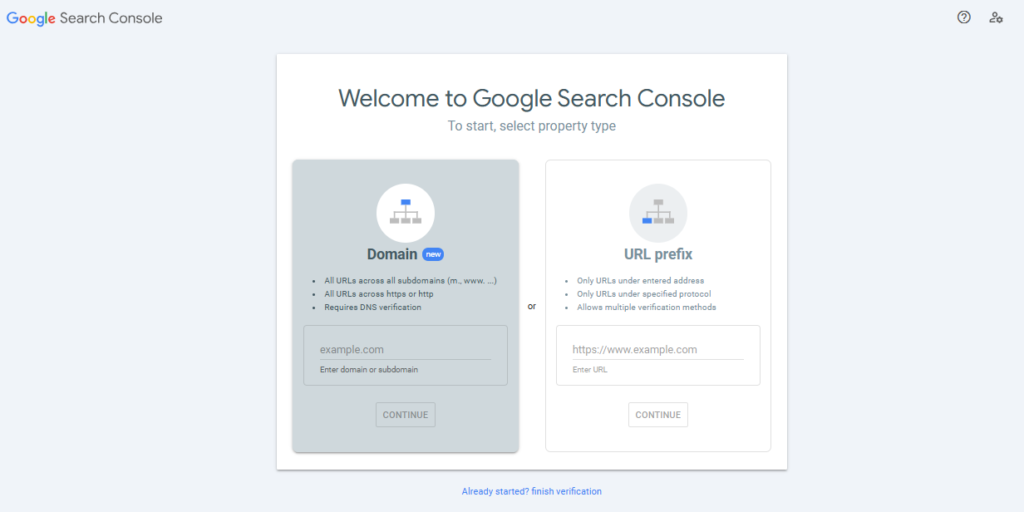
Why You Need It: Google Search Console is another free tool that provides insights into how your website performs in Google search results. It’s incredibly helpful for understanding which search queries are driving traffic to your site.
Key Metrics: This tool gives you data on search queries (the keywords people use to find your site), click-through rates, and potential indexing issues with your pages. In short, it’s all about helping you get noticed on Google.
Getting Started Tip: You can find helpful tutorials on setting up Google Search Console, like the one available on Semrush.
3. Additional SEO Tools
If you’re looking for even deeper insights, consider adding a paid SEO tool to your toolkit. Here are some popular options:
- Ahrefs: Great for tracking your keyword rankings and analyzing backlinks (other sites linking to yours).
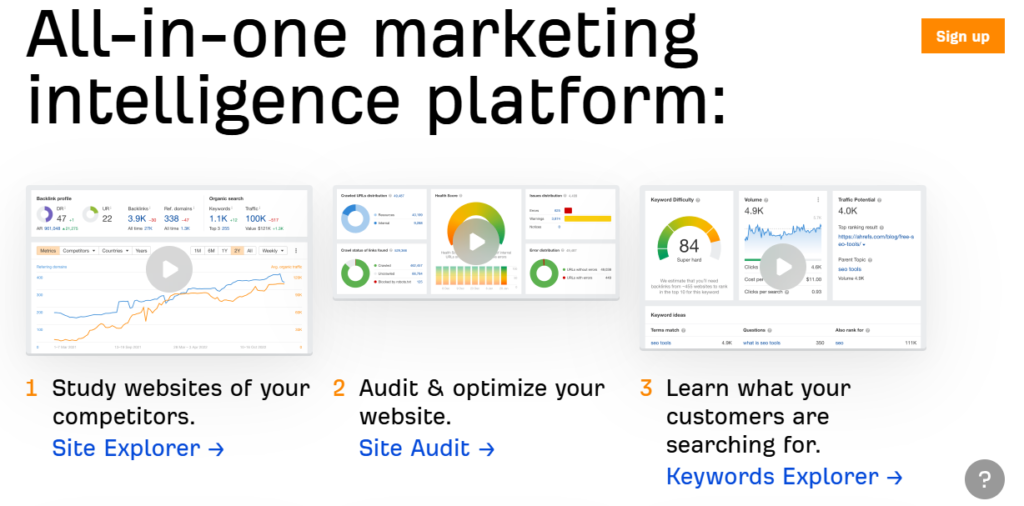
- Semrush: Known for its keyword tracking and competitive analysis features.
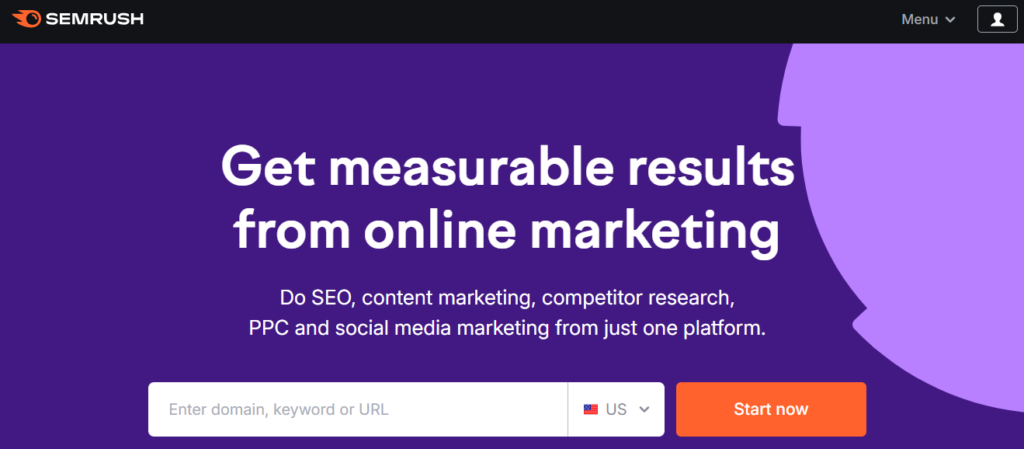
- Moz: Focuses on keyword analysis and provides helpful tools for improving on-page SEO.
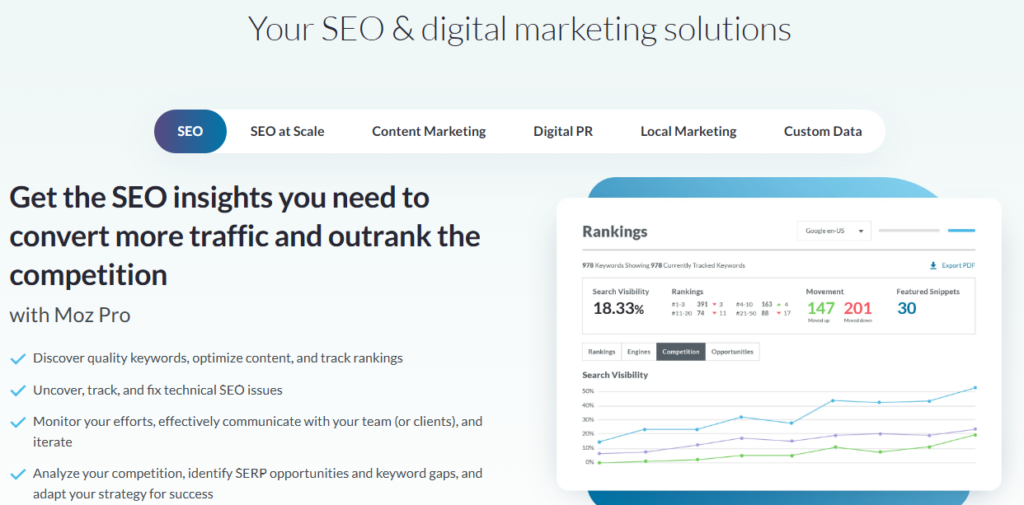
These tools can be an investment, but they offer powerful data for growing your SEO website.
II. Using ChatGPT to Analyze SEO Reports and Find Insights
Now that you have all this data from Google Analytics, Google Search Console, and other tools, what’s next? This is where ChatGPT comes in handy. ChatGPT can turn your data into actionable insights, making it easier to improve your SEO website without spending hours on analysis.
1. Summarizing Reports with ChatGPT
What It Does: Imagine you have a long report from Google Analytics showing where your traffic is coming from. Instead of combing through all the numbers, you can use ChatGPT to summarize it in seconds.
Example Prompt:
Summarize the key findings from this Google Analytics User Acquisition report. [attach report data]Here’s the result from GPT-4o (I choose “Data Analyst” in USnap persona for better result):



With ChatGPT, you’ll get a clear summary of the main insights, like which channels are driving the most traffic and which pages are getting the highest engagement.
2. Identifying Trends Using Web Search
What It Does: ChatGPT can also help you find trends in your SEO data. For example, if you want to see how your keyword rankings have changed over time, ChatGPT can pull out any significant trends and show you the overall picture.
Example Prompt:
Based on the attached report, analyze the keyword ranking data for the past six months and identify any significant trends or patterns. [attach report data]



Using ChatGPT for trend analysis can save you time and give you insights that might have been hard to spot on your own.
3. Getting SEO Recommendations with ChatGPT
What It Does: Want specific advice on how to improve your website’s SEO? ChatGPT can provide customized tips based on the data you give it. For example, if you have a report showing which keywords you’re ranking for, ChatGPT can suggest ways to boost those rankings.
Example Prompt:
Based on this SEO report, suggest actionable recommendations to improve our organic traffic and rankings. [attach report data]


With ChatGPT’s recommendations, you can get designed tips that make a real difference to your SEO website performance.
III. Strategies for Continuous SEO Improvement with ChatGPT
SEO isn’t a one-and-done task; it’s an ongoing process. To keep your website’s SEO improving, it’s essential to regularly review and update your strategies. Here’s how ChatGPT can help with that.
1. Regular SEO Audits
Why It’s Important: SEO audits are like health check-ups for your website. Regularly auditing your site helps catch and fix any issues before they grow. For example, an SEO audit might reveal broken links, slow-loading pages, or outdated content.
Using ChatGPT for Audits: ChatGPT can create a clear, step-by-step action plan for SEO audits, making the process straightforward and easy to follow.
Example Prompt:
Provide a step-by-step action plan for conducting quarterly SEO audits to continually improve our website's performance.Or another one:
Based on this technical SEO audit report, suggest a prioritized list of issues to fix and optimization tasks to improve our site health.2. Competitor Analysis
Why It’s Important: Knowing what your competitors are doing for SEO can reveal tactics you might be missing out on. Maybe they’re targeting keywords you haven’t thought of or using new strategies to improve visibility.
Using ChatGPT for Competitor Analysis: ChatGPT can analyze competitor strategies based on public data or reports you provide.
Example Prompt:
Analyze the SEO strategies of example.com, competitor.net, and bigbrand.co and suggest opportunities for us to improve our approach.While ChatGPT can’t crawl websites directly, it can help you make sense of publicly available information, showing you where you could make adjustments.
3. Using User Feedback to Improve SEO
Why It’s Important: User feedback is incredibly valuable. Comments, reviews, and other feedback can reveal areas where your content or site experience could improve, which can, in turn, help boost SEO.
Using ChatGPT for User Feedback Analysis: By feeding user comments or reviews into ChatGPT, you can quickly identify common themes or areas of concern.
Example Prompt:
Based on these product reviews, forum comments, and social media posts, what constructive criticism and ideas for improvement can you identify regarding our content quality and website user experience?This type of feedback analysis can lead to meaningful improvements that positively impact both your users and your SEO.
Conclusion: Take Your SEO Website to the Next Level with ChatGPT
So, there you have it! Boosting your SEO website doesn’t have to be complicated or overwhelming. With the right tools and ChatGPT’s help, tracking, analyzing, and continuously improving SEO becomes much more manageable.
We started with a look at the essential tools for tracking SEO performance, like Google Analytics and Google Search Console, then explored how ChatGPT can help you make sense of all that data. Finally, we discussed some strategies for ongoing SEO improvement, showing how ChatGPT can assist with regular audits, competitor analysis, and user feedback.
The world of SEO may be complex, but with ChatGPT (or your fav AI tool) in your toolkit, you’ll have the insights and recommendations you need to make smarter decisions and see real results. So, go ahead and put these tips to use. Your SEO website will be stronger, and you’ll have a clear path forward for reaching new audiences and improving your rankings.
